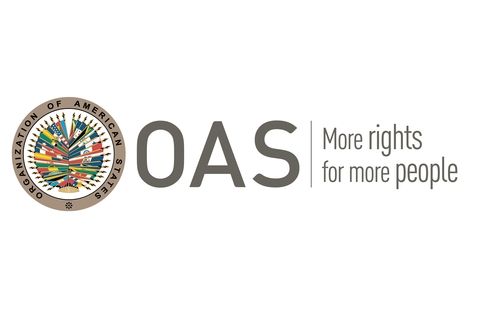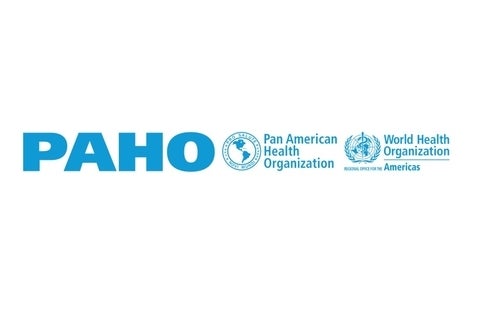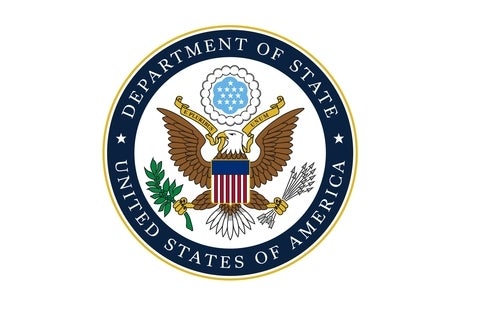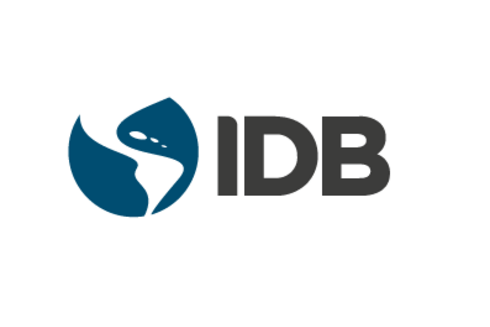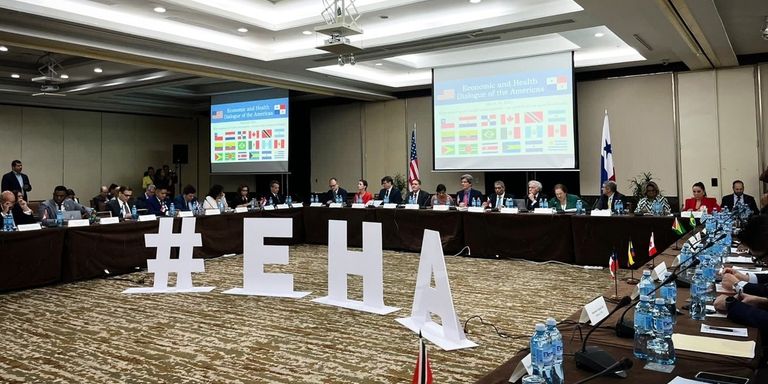- The Economic and Health Dialogue of the Americas (EHA) was launched on the margins of the 9th Summit of the Americas in June 2022 by the U.S. Department of State.
- EHA comprises a series of official sector-only meetings to foster the political will and commitments necessary to strengthen public health systems and protect economies in the region. The first annual high-level meeting was held in Panama City, Panama on March 20, 2023, where 18 countries were represented with ministerial and vice-ministerial representation from ministries of health, finance, economy and foreign affairs from across the region.
- EHA actively supports countries in the region to coordinate efforts to increasing health systems resilience, as well as in identifying and leveraging best practices in the public sector, with a focus on the intersections of health and the economy.
- The COVID-19 crisis revealed structural weaknesses in the region’s capacity to prevent and respond to health emergencies. Latin America and the Caribbean (LAC) was, among the world's regions, the most adversely affected by the emergency in terms of health. With only 8.2% of the population, it accounted for 25.5% of worldwide COVID-19 deaths.
- With COVID-19 came the realization that pandemics are a major, global, systemic macroeconomic risk.
- The region faced an economic contraction of 6.7 percent of GDP in 2020 – a significant drop for economies that were not doing well even before the pandemic, and almost twice the average global decline of 3.5 percent.
- An estimated 39 million jobs were lost, and more than 20 million people fell into poverty.
- The COVID-19 crisis unveiled the intersectoral and regional impact, and thus strengthening of health systems should be prioritized across several ministries, such as finance, foreign affairs, economy in addition to health and supported through regional coordination to mitigate these macroeconomic risks.
- EHA is a multilateral, country driven initiative with the support of an Executive Technical Working Group. Currently the United States and Panama serve as co-chairs, and each workstream is co-led by two countries in the region. The co-lead countries are responsible for leading the workstreams, coordinating the agenda, and promoting the participation of other countries.
- As part of the initiative, governments engage in technical discussions, share best practices, technical tools and lessons learned to develop and coordinate regional projects and deliverables.
- The Executive Technical Working Group (ETWG) facilitates technical assistance and coordination for implementation to advance the initiative. The ETWG is comprised of the Inter-American Development Bank (IDB), the Pan American Health Organization (PAHO), and the Organization of American States (OAS). They collaborate with the co-lead countries and participants to help them fulfill their roles.
EHA is structured into workstreams approved by EHA countries each year. The following four workstreams were approved in the 2023 EHA Ministerial in Panama and have been the scope of work for the initiative over the past year, spanning a total of seven (7) technical meetings:
- "Smart Spending for Health and Health Resource Analysis” is led by Uruguay and Paraguay and brings together health and finance ministries in the region to discuss best practices and common challenges related to Fiscal Space and Public Financial Management (PFM). The workstream assists countries to conduct assessments on health financing and budgeting by leveraging region and international resources.
- "Prioritization of Health Sector Transformation" focuses on using the renewed Essential Public Health Functions (EPHF) framework to identify major system deficiencies and address gaps. The workstream is led by Costa Rica and The Bahamas.
- "Responsive Social Protection in Emergencies" brings together social protection agencies and the health sector to discuss emergency measures. The workstream is led by Brazil. As a result of the technical meetings, six (6) countries have expressed their commitment to implement the Responsive Social Protection Maturity Assessment Tool with support of the IDB specialists.
- "Foundations for Strengthening Supply Chains" is a dialogue around strengthening supply chains from a local and regional perspective with the participation of regulatory agencies, ministries of commerce, finance, and health. The workstream is led by Argentina and Perú. This workstream is conducting assessments on regulatory reliance and public health supply chains to include but not limited a regional gap-analysis to inform strategic plans for supply chain resilience and foster public-private partnerships.
- EHA Technical Meeting (Montevideo, Uruguay) – 6th December 2023
- EHA Governance Council Meeting (Virtual) – 14th December 2023
- EHA High-Level Meeting (Dominican Republic) – March, 2024
- EHA Fact sheet. Download here.
- Gente Saludable: https://blogs.iadb.org/salud/en/
- Martin Sabignoso, EHA Senior Consultant: msabignoso@iadb.org
- Daniela Zuluaga, EHA Consultant: dzul@iadb.org
